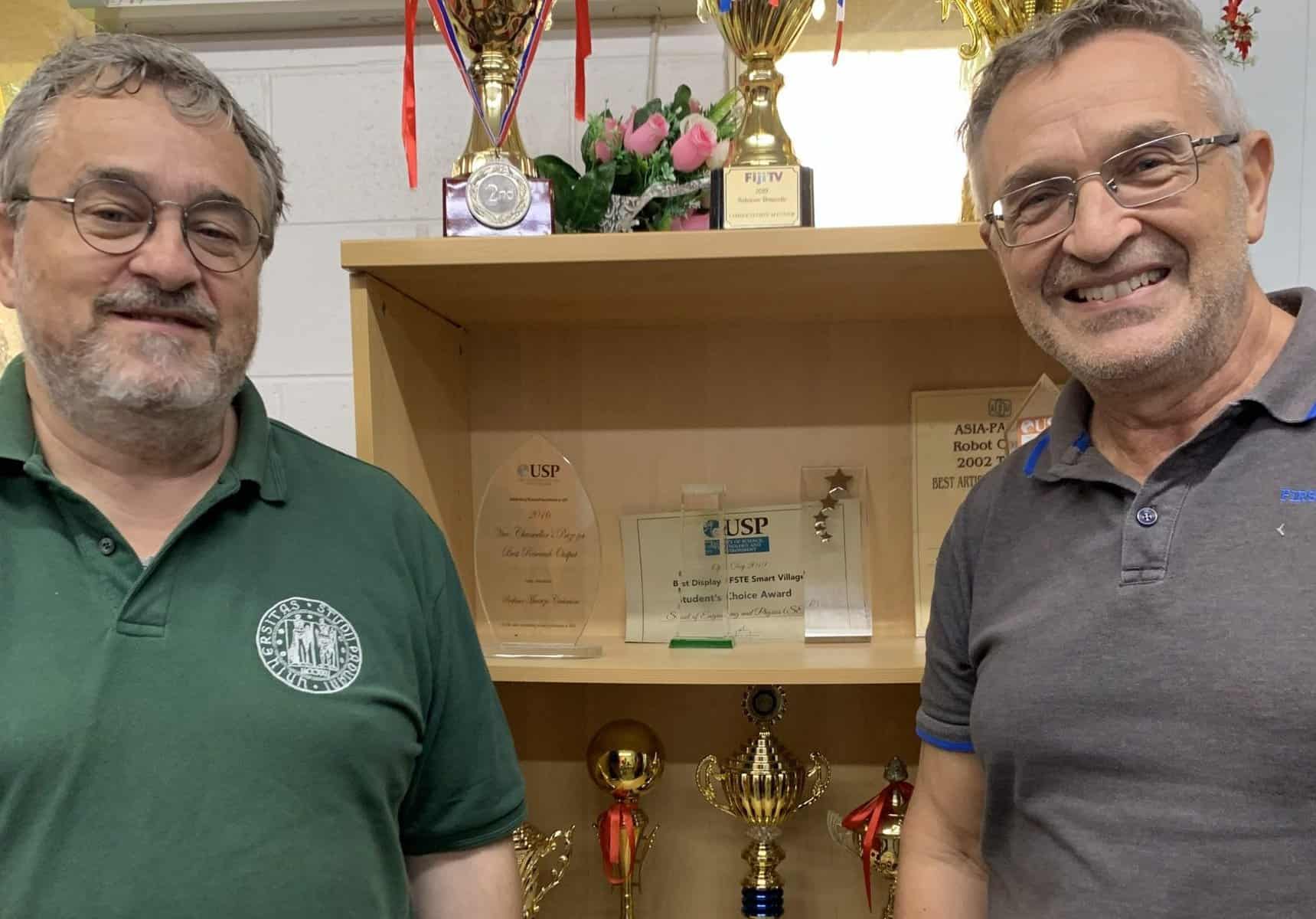While many universities are discouraging the use of ChatGPT, the new AI tool, others are leaning into its use and offering courses dedicated solely to navigating the new technology.
Professor Maurizio Cirrincione, Head of STEM (School of Information Technology, Engineering, Mathematics and Physics) at the University of the South Pacific, says ChatGPT can help guide students to have as much information as possible.
ChatGPT is a natural language processing tool powered by AI technology, that allows you to have human-like discussions with the chatbot and much more. The language model can answer questions and help with activities like writing emails, essays, and coding.
Professor Cirrincione said the benefits of ChatGPT will be applied across disciplines, ranging from literature to medicine.
“In my opinion, it is wrong to forbid our students from using ChatGPT because this is something that will be required in the future; thus, we must lead them rather than prohibit them,” said the Professor.
USP has introduced ChatGPT in UU100, an introduction course for numeracy and computing taught in the first year across all campuses to teach students how to use a computer from the bottom up.
“It is our duty to students to do everything we can to help them succeed in this new world,” the Professor stated. “People are saying, ‘Generative AI is taking your job,’ and if that’s true, we need to do something to ensure students are innovating and succeeding.”
The offerings go beyond institutions flexing their innovation skills—the faculty behind these course views ChatGPT as imperative to ensure students are prepared for ever-changing workforce needs.
“This is going to be one of the foundational skills people will need to have going forward,” he added.
“This will affect every domain, every discipline, and it’s critical that we teach it.”
Giansalvo Cirrincione, a professor at the University of Picardy in Amiens, France, and Professor Maurizio’s brother, says artificial intelligence has a dark side; there are applications like GANS that can be used to make fraudulent photos and movies.
He describes them as: “The dark side of these artificial intelligence revolutions, which are not just GPT but also add to some of these fears.”
Professor Giansalvo says while there are ways to expose these fraudulent images, they spread quickly via social media. “I feel that policies are a little late in taking legal action on this,” he adds.
The professors believe the application of AI in areas such as telemedicine to reach diagnoses using available medical data could be transformative in the region.
“Since there is a big lack of specialists in the region, the data will provide a similar diagnosis to the one given by specialists,” said Professor Maurizio.
“It’ll be an exciting period of new ideas, so artificial intelligence can be of great help to all of these specialists.”
To read more about AI and the Pacific, login to your account or subscribe today.
